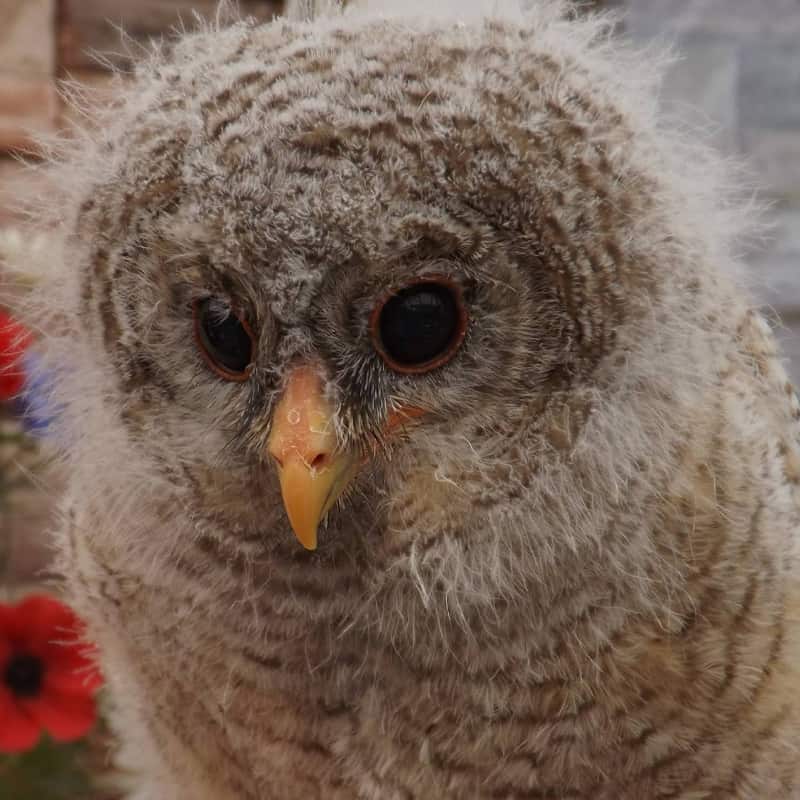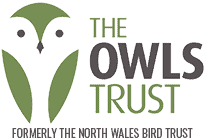Fledglings and Nestlings

Fledglings and Nestlings
Baby bird? Here’s how to check
If you find a baby bird alone on the ground or otherwise away from its nest you must first determine if, in fact, you have found a baby bird in need of assistance. Many songbird fledglings leave the nest several days before they can fly easily and the parent birds are still caring for them and watching out for their safety.
Baby birds are called fledglings when they have almost fully formed feathers, though the wings and tail may be short and they will be able to fly only short distances. With these traits, fledglings do not typically require more than minor intervention from us.
A hatchling, on the other hand, is much younger and needs assistance. Hatchlings may appear bald or only have tufts of feathers or down, they are much smaller and do not have nearly as much energy as fledglings.
When you first notice a baby bird, observe it closely. Watch its energy level and behaviour to help to determine if it needs assistance – energetic, active birds should be fine on their own, while weaker less active birds may need help.
When you find a baby bird
If you find a baby bird that you believe may need help there are several steps to take that will ensure it gets the best care.
Observe the bird
Before touching the baby bird or stressing it in any way, watch to see if it can care for itself or if the parent birds are tending to it. Many times when a human spots a baby bird they fail to see the nearby parents that are ready and willing to feed and protect their offspring. It may take a half-hour or longer for parent birds to return to their baby so patience is essential.
Intervene as little as possible
In the case of fledglings, simply moving the bird to a sheltered nearby location where it is out of the direct sun and in a protected spot is the best choice to give it a helping hand. Younger baby birds may require more help, but it is always best to interfere with the birds in only minimal ways.
Return the bird to the nest
The best place for a baby bird to be in its own nest. If the hatchling is too young to be out of the nest, gently pick it up and place it back in its nest if you can find it. If you are unable to find the nest or it is unreachable or destroyed, line a small basket such as a pint fruit basket with tissue or grass clippings and place it in the tree as close to the nest site as possible. Be sure the basket is secure (nail it to the tree if necessary) so the baby bird will not tumble out. The parent birds will hear their baby and find it easily, and since most birds have little or no sense of smell they will not abandon it because it has been handled by humans.
Keep the bird safe
If the bird is in imminent danger from a damaged nest, predators or other unsafe conditions, or if it is visibly injured or ill, place it in a small box lined with tissues, paper towels or similar material and cover the top of the box loosely with newspaper or a towel. If necessary keep the bird indoors in a quiet, safe location until outdoor conditions improve or until a wildlife rehabilitator can take the bird for proper care.
To give baby birds the best chance of survival when you find them…
Stress the birds as little as possible. Avoid excessive handling, loud noises or unfamiliar conditions, and keep them close to where they were found in case the parent birds return.
Always wear gloves when handling young birds. Even baby birds can carry mites, lice, ticks, bacteria and other unpleasant parasites that can be transferred to humans. After handling a bird, wash your hands thoroughly with soap and warm water.
Do not give baby birds food or water. While this may seem counter intuitive to helping baby birds, young birds have precise dietary needs that can’t be met with kitchen scraps, birdseed or other foods. Many young birds need live insects for protein to develop properly, and their parents will feed them 3-4 times every hour to meet that need. Offering improper food can cause a young bird to choke or become malnourished. Instead, wait for the parent birds or ask the advice of a wildlife rehabilitator to ensure the baby bird receives a proper diet.
Contact the RSPCA http://www.rspca.org.uk for further advice.
